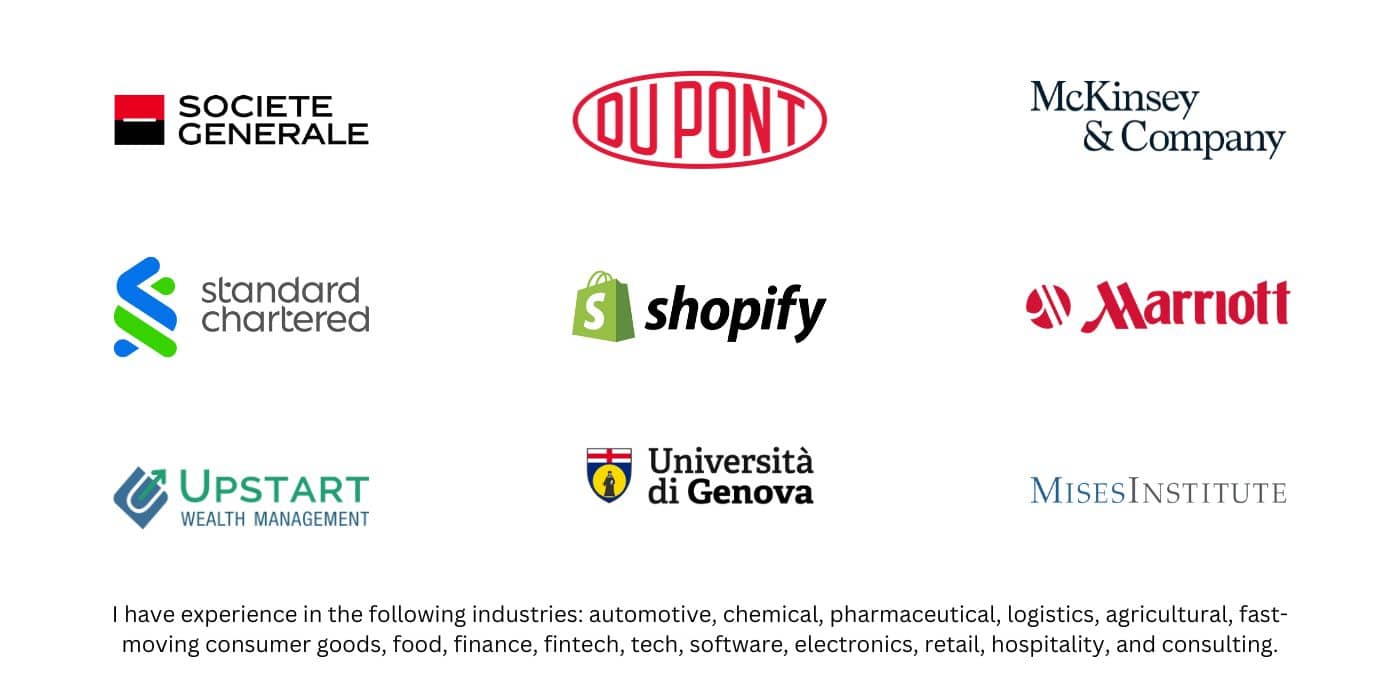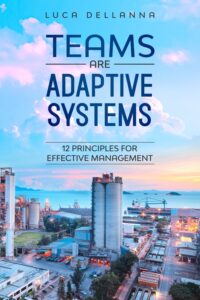When it comes to people development, two common complaints are that training takes too much time (and isn’t very effective) and that it is hard to teach personal judgment and proactiveness.
Here is how I help my clients address these two problems.
More efficient and effective training
Bad training sessions are abstract and generic, whereas useful training sessions are built around the concrete situations their participants have trouble with.
For example, a training session titled “The five principles of delegation” sounds good but is unlikely to result in the participants learning much out of it. Their problems are unlikely to be addressed.
Conversely, “Let’s go through the five most common situations in which you delegate, and for each, let’s see what’s the top problem and one thing you can do differently to get better results” is more likely to result in the participants learning useful know-how and applying it over the following days.
I use this principle to deliver 60- or 90-minute training sessions to make managers more effective and to co-design training programs with my clients that are both faster and more effective than what they currently have.
Teaching personal judgment
In many roles, good personal judgment is a key skill. However, it is seldom trained, with many companies either relying on employees already having good personal judgment or teaching it through mentorship or on-the-job feedback – both of which are slow and unreliable processes.
The alternative is to hold 30- or 60-minute group sessions based on going through 5-10 hypothetical situations, with the trainer presenting a real-world scenario, asking participants what they would do, and providing motivated feedback (“good idea, because…” or “bad idea, because…”)
This type of training is very effective at teaching personal judgment and might deliver months of experience in just a few minutes.
Teaching proactiveness
Some people are naturally more proactive than others. That said, expectations from one’s manager and team culture have a significant influence on how proactive a person acts. The same person might be reactive when working under a manager who doesn’t set clear expectations or in a team with a culture of reactiveness yet be proactive under the opposite circumstances. (With some limitations, obviously: some individuals are always proactive, and others are always reactive, but for the rest, there is a significant margin of improvement.)
Proactiveness can be taught (in a measure). The trick is to treat it not as a skill or attitude but as a “learned expectation.” You can make people more proactive by being very concrete about how proactive you want them to be in a specific situation (what would be too little?) and then reinforcing that behavior when it happens.
The good thing is that, in a measure, this can be taught using 30- or 60-minute sessions based on hypotheticals as per the previous point.
Execution
The best way to proceed isn’t with some grand plan: that would be too slow, expensive, and hard to coordinate. Instead, my experience has been that beginning with one team at a time, one session at a time, brings the best results. Once there is evidence that the approach works and internal advocates start to appear, the initiative can scale, but not earlier than that.
I can personally run a training session as described above and/or train your managers to deliver them internally. If you are interested, feel free to contact me.








